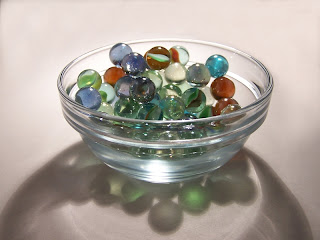 |
| Photo courtesy Malgorzata Replinska |
Ode to Marbles
 |
| Photo courtesy Malgorzata Replinska |
My husband and I have been married for 24 years, and over
that time we’ve developed a set of words and phrases that serve as a kind of
family shorthand for feelings and inside jokes. Most of them have an element of
humor (good for diffusing sticky situations) and sometimes serve as a sort of
verbal throwing-up-of-the-hands. For your amusement, I share a few of them
below:
 |
| Did someone say HAYseed? |
Have you been watching the Olympics? I’ve been spending
hours glued to the TV because…equestrian events! Thank you NBC Sports! So far
they’ve had the sense to air good portions of the three equestrian events that
take place at the Games: eventing, dressage and show jumping. If you’ve never
watched equestrian events, here’s a quick primer for what you can see, and a
few fun facts: